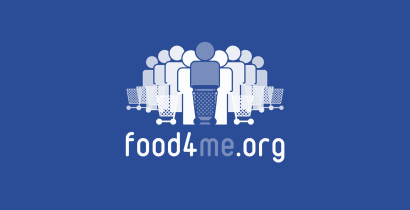Food4Me: The ethical and legal challenges of personalised nutrition
Last Updated : 11 July 2013Karin Nordström is an Assistant Professor in Religious Studies at the University School of Education and Communication, Jönköping University. Within the Food4Me project her research addresses some of the ethical and legal questions that arise from personalised nutrition, such as freedom of choice and societal expectations.
In this podcast she discusses four research papers which were published in March 2013. These papers address the ethical and cultural implications of personalised nutrition and the gaps in the legal framework.
The research relates to the current knowledge base on whether personalised nutrition strengthens or weakens individual freedom of choice, how personalised nutrition affects our understanding of health and the ethical value of web based or direct-to-consumer personalised nutritional advice.
She discusses whether or not the current knowledge base about personalised nutrition is sufficiently strong enough to be of benefit, compared to a public health nutrition model of dietary advice. She then goes onto question whether personalised nutrition is empowering or disempowering for the individual and goes onto comment on the limitations of relating food purely to health, taking into consideration other factors associated with food, such as cultural and social values.
Finally, she comments on some of the issues relating to the commercialisation of personalised nutrition, in regards to the rise of web based health promotion delivery and direct-to-consumer information. Additionally she makes reference to the importance of protecting consumer rights and ensuring consumer protection.
About Karin Nordström
Karin Nordström received her PhD from the University of Lund in Sweden. Her research specialism lies within the philosophy of education, with a specific focus on moral education and ethics.
